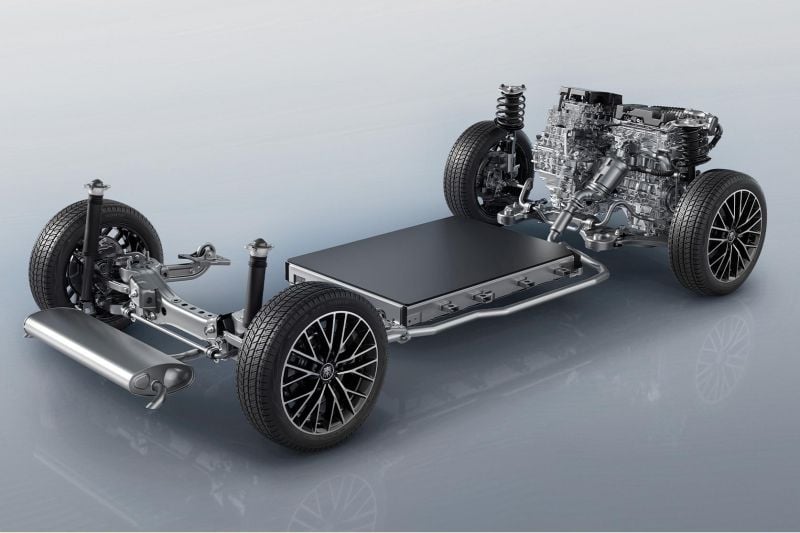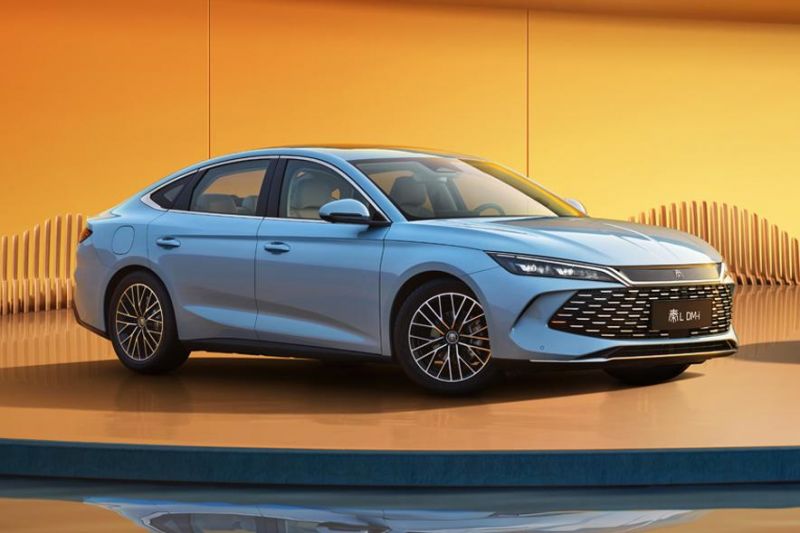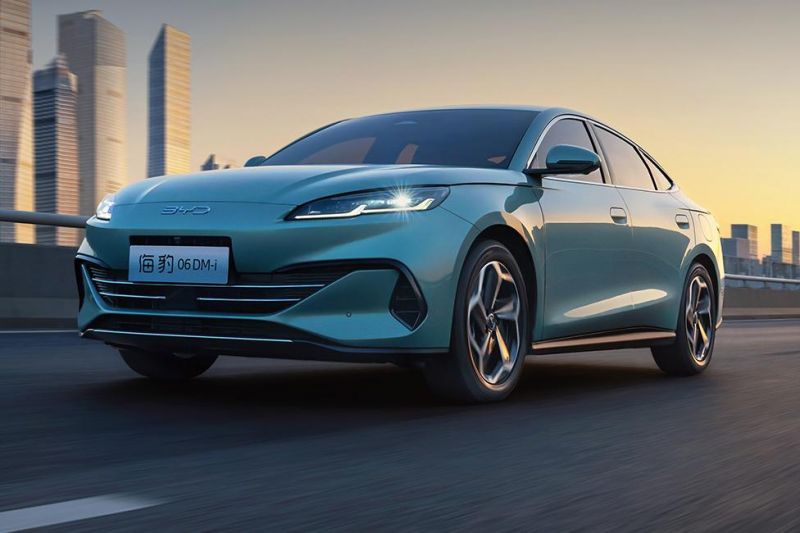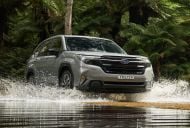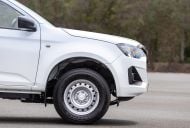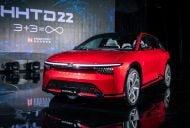Chinese car giant BYD isn’t stopping its development of plug-in hybrid (PHEV) technology, revealing a new system it claims is capable of driving for more than 2000km without refuelling or recharging.
BYD’s newly launched Qin L and Seal 06 sedans feature its fifth-generation ‘DM-i’ PHEV system, with the hybrid technology unlocking a claimed 2100km of driving range when the vehicle’s fuel tank and battery are full.
The bold claim of a 2000km-plus driving range only applies to top-spec sedans which utilise a 15.87kWh battery pack and a 160kW/260Nm electric motor – good for 120km of claimed driving range on its own – to supplement the 1.5-litre, 74kW/126Nm petrol engine.
Lesser variants are available with a 10.08kWh battery and 120kW/210Nm motor, and feature 80km of electric-only driving range. All versions are front-wheel drive with a continuously variable transmission (CVT).
It’s worth noting these claims are made against the lenient CLTC electric and NEDC petrol lab test cycles used in China, which aren’t as strict as the WLTP standard which is most commonly used in Australia and Europe.
According to BYD, even with its battery holding a low state of charge, the PHEV powertrain consumes only 2.9L/100km on the NEDC test cycle.
By comparison, the BYD Sealion 6 – the brand’s only PHEV on sale in Australia – manages a claimed 1.1L/100km with a fully charged 18.3kWh battery and a more powerful front electric motor.
Pricing in China for the two models ranges from 99,800 yuan (A$21,100) for the least expensive, shortest range variants to 139,800 yuan (A$29,570) for the long-range flagship.
For context, the electric BYD Seal sedan is priced from 179,800 yuan ($37,130) in China, though it’s about 34 per cent more expensive in Australia, starting from $49,888 before on-road costs.
BYD has recently started adding PHEVs to its Australian lineup in the form of the Sealion 6, with the upcoming Shark ute to follow. The local division hasn’t confirmed any other PHEVs as yet.
Earlier this month, David Smitherman, CEO for BYD’s local distributor EVDirect, told CarExpert the brand was aiming for 100 per cent growth in 2024, then 100 per cent again in 2025 – potentially reaching 50,000 annual sales by the middle of the decade.
Last year, its electric-only lineup notched up 12,438 sales, consisting of 11,042 Atto 3 SUVs, 925 Dolphin hatchbacks, and 471 Seal sedans.
MORE: Everything BYD
MORE: BYD’s ambitious goal to overtake Tesla’s sales in Australia





